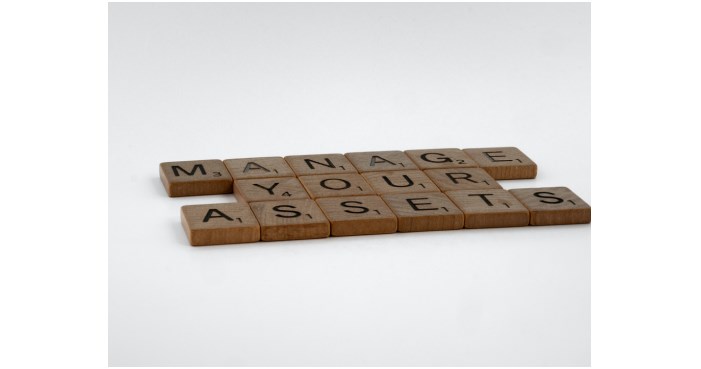The US cannabis market continues to grow at a rapid pace, with less than $4B and 2 legal adult recreational markets to over $24B and 18 markets in less than ten years. Even with some headwinds from Congress and the public market cannabis operators should be doing great, right?
As we’ve noted here before, being a cannabis operator is tough whether you are a small independent company or a large-cap MSO. The lack of safe banking and 280E cuts your profit margins; strict regulations, high taxes, and a legacy market that can beat you on price also don’t help. Amidst any gold rush, inexperienced operators show up with green dollar signs in their eyes, but with little management acumen and a less-than-stellar business plan.
This is where distressed assets come into play. Distressed assets can be defined as assets such as licenses, property, and equipment that an owner must liquidate to pay creditors, or a company that is going out of business and needs to sell those assets in a hurry at less than fair market value.

What is the difference between traditional M&A activity and buying or selling distressed assets?
- Timetable: Distressed assets may be sold rapidly, sometimes in a few days. Traditional M&A with formal due diligence can take months to complete.
- Risk: Frequently there is limited due diligence, the asset(s) may have underperformed due to management, regulation or location, and incomplete information is often all that is available in this type of sale.
- Court Involvement: If the business being sold is in a formal insolvency proceeding, the sale may be overseen by a court of law. Keep in mind that plant-touching cannabis businesses are not covered by US federal bankruptcy protections
Like most transactions between market actors, there are advantages for both buyers and sellers of
distressed assets.
Cannabis businesses, especially start-ups, may find that they need to pivot their business model quickly. Their initial assumptions about the market and their place in it may have been incorrect, and selling assets quickly, even at lower than market prices, gives the start-up valuable capital to extend its runway, which is the amount of funds it needs to operate before reaching profitability. Even three extra months of runway from the sales of assets and other measures can mean the difference between success and failure, as the pivot to a new strategy plays out.
Buying existing assets quickly and at a discount, like a merger or acquisition, means you don’t have to start from scratch and develop your own cultivation, retail storefront or apply for a new license that may take months, or years to be granted.
Buying distressed assets can be advantageous for existing operators. For example, a cannabis retailer that has expanded to a handful of locations can cut costs and integrate their supply chain by buying a struggling cultivation operation, and increase their access to capital going forward. This is because increased margins and growth can allow operators to raise money easier and at better terms down the road.
To take advantage of these fleeting asset sales, a company needs to be prepared to act fast, have money or financing readily available and be ready to undertake rapid fire due diligence. Here are some steps to make sure you are prepared:
- Identify what assets are being purchased
- Review contracts and licenses attached to the asset
- If a receiver or trustee hasn’t been appointed, talk to the management team to make sure one is in the queue.
- Are there other risks involved with the assets? Common liabilities might be labor, environmental concerns, and recent changes in local or state legislation that makes the asset less valuable going forward.
- Fraudulent representation of assets and licenses for sale – do your work, do your due diligence upfront – if a deal seems too good to be true, it probably is.
As the cannabis industry grows and undergoes rapid change, distressed assets will be part of the industry landscape. For the cannabis industry, restructuring the loss of capital through distressed asset sales helps create new capital through more efficient and creative use cases of these assets. If you are a cannabis operator looking to grow during an uncertain economic and regulatory environment, distressed assets can be one important ingredient in capital efficient allocation.
Editors’ Note: This is an excerpt from our Monthly Playbook. If you would like to read the full monthly playbook and join the thousands of others you can sign up below.


